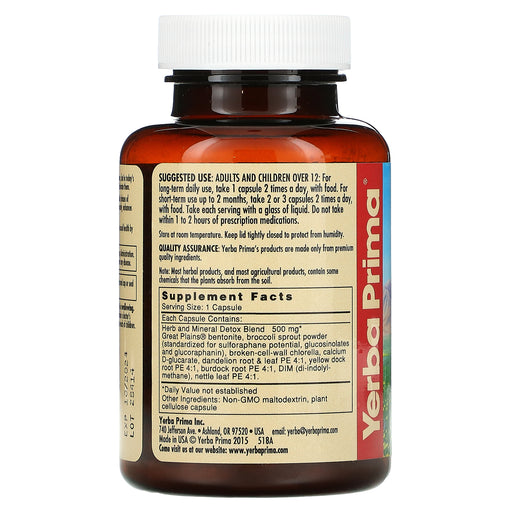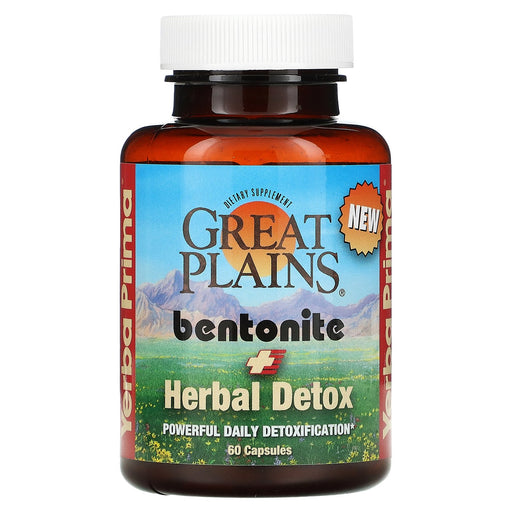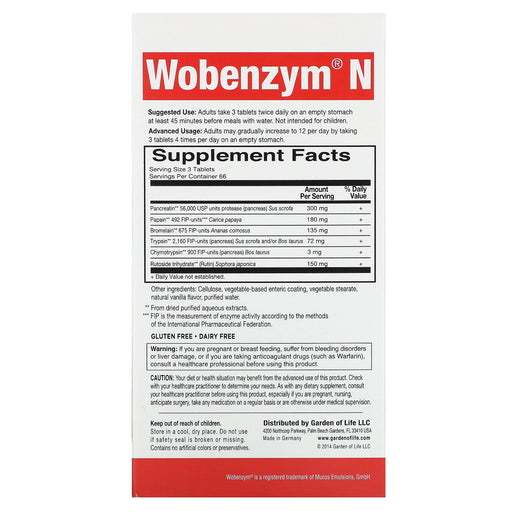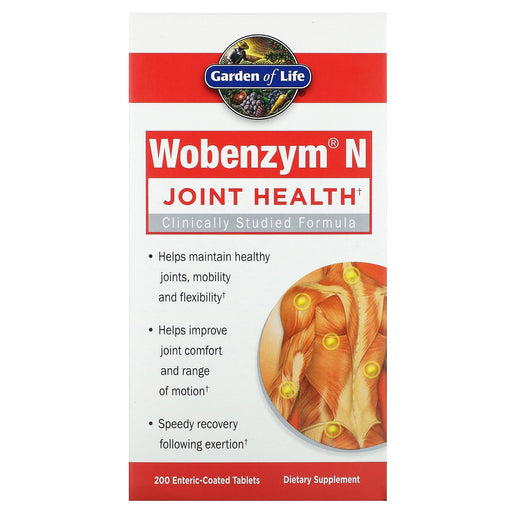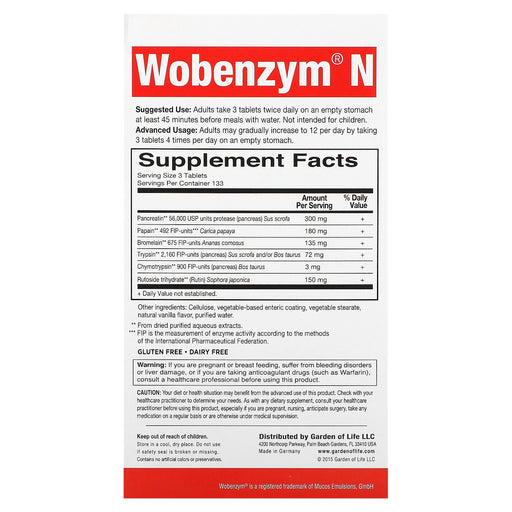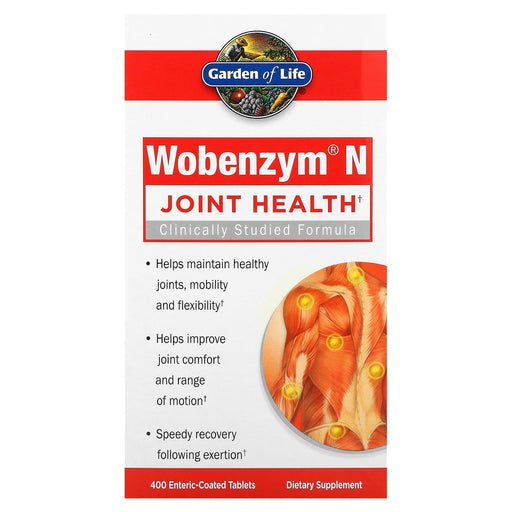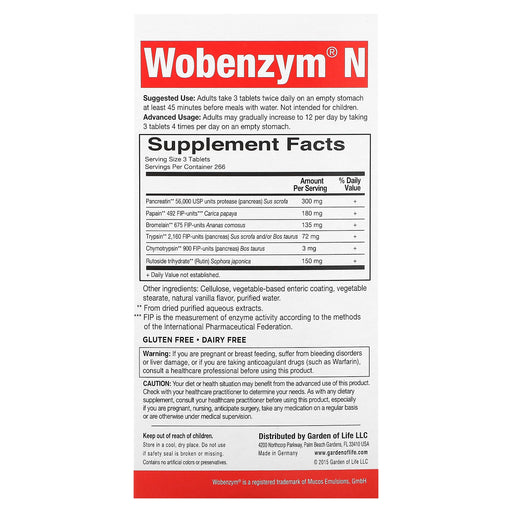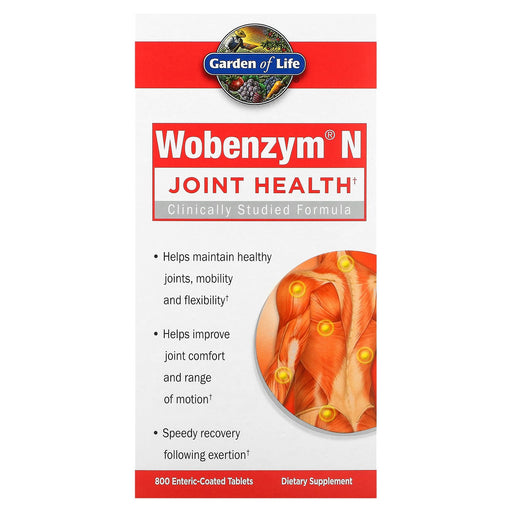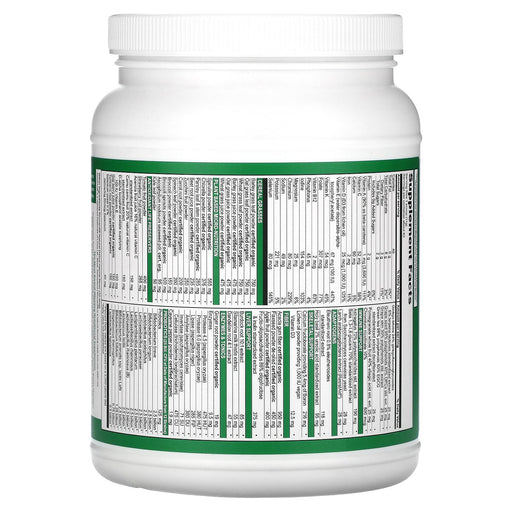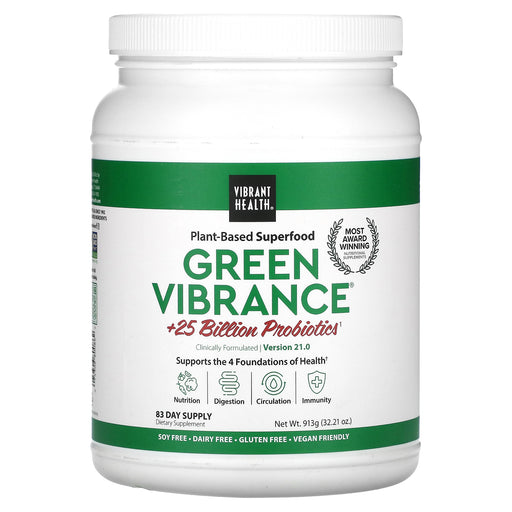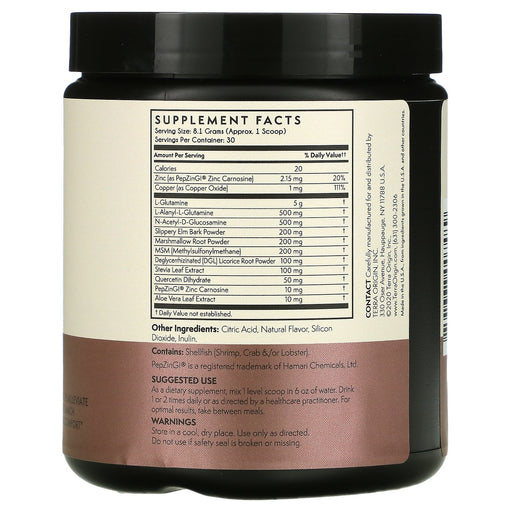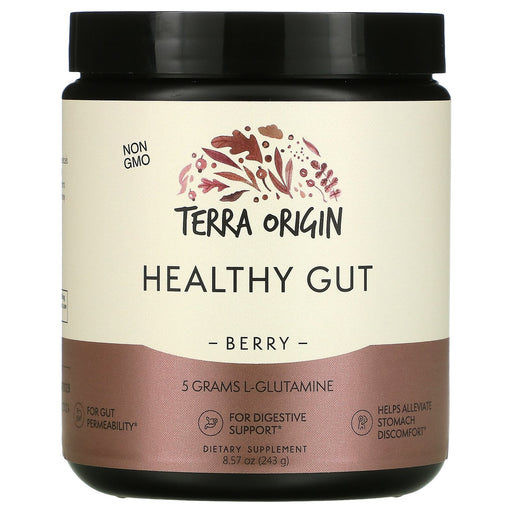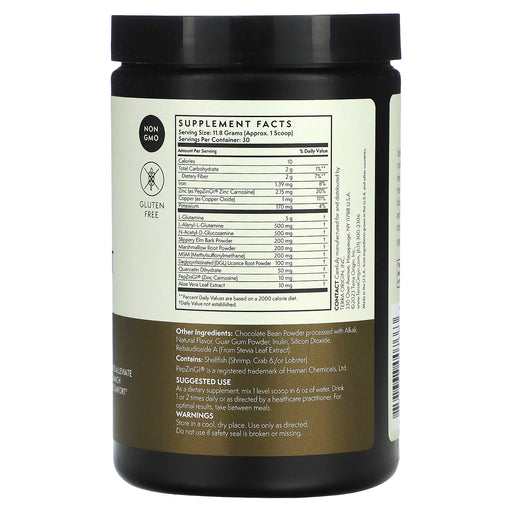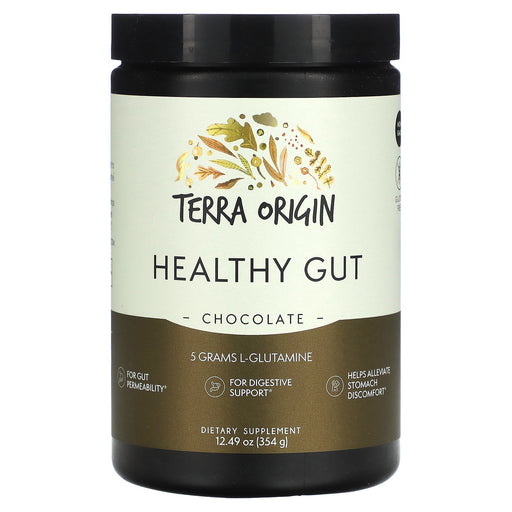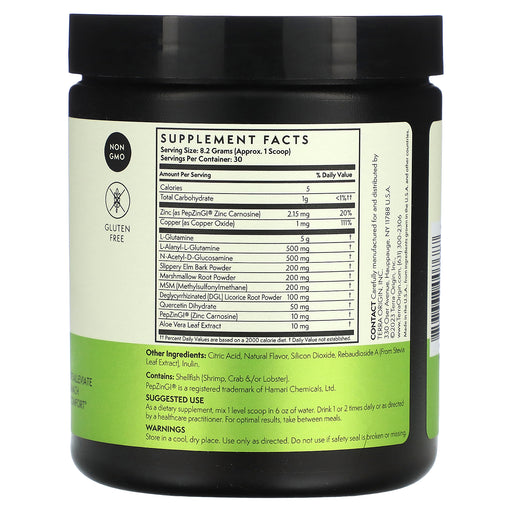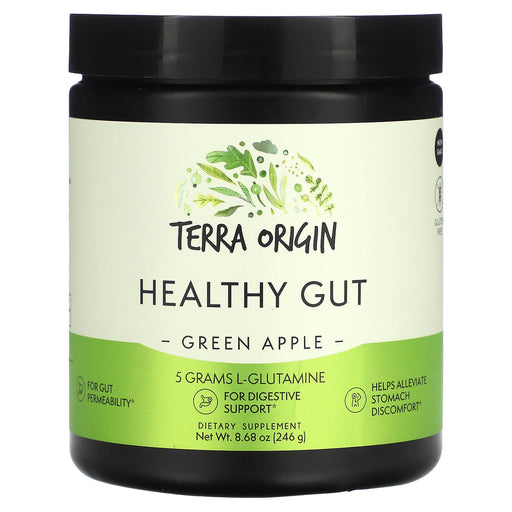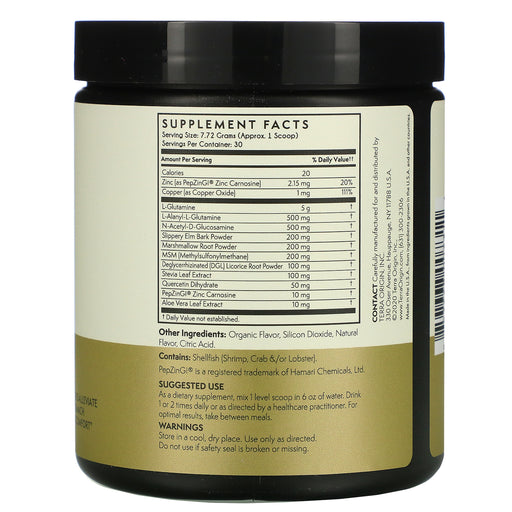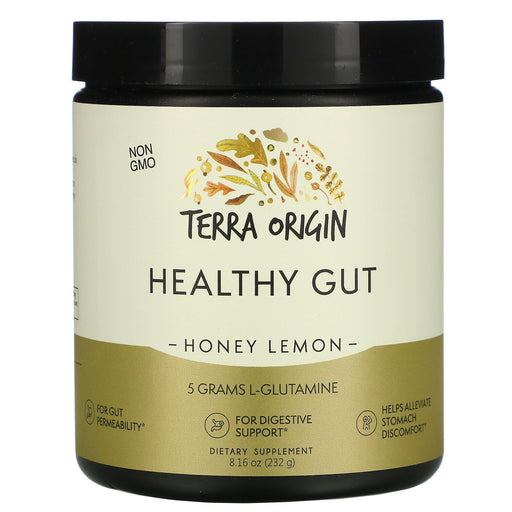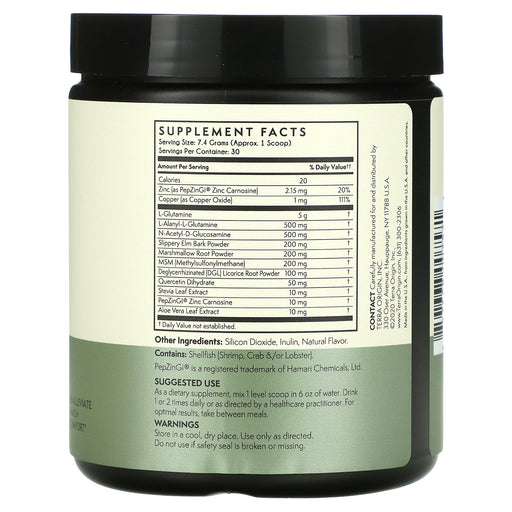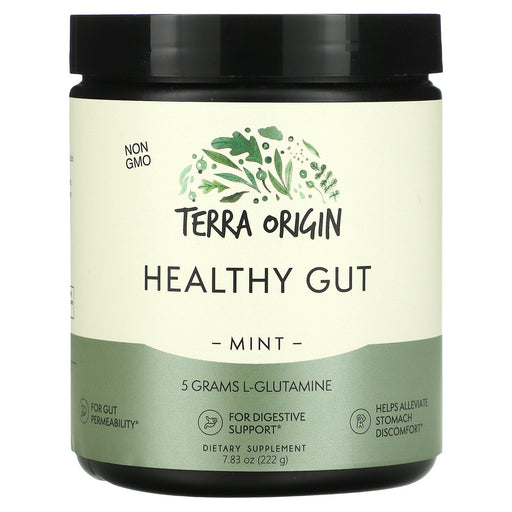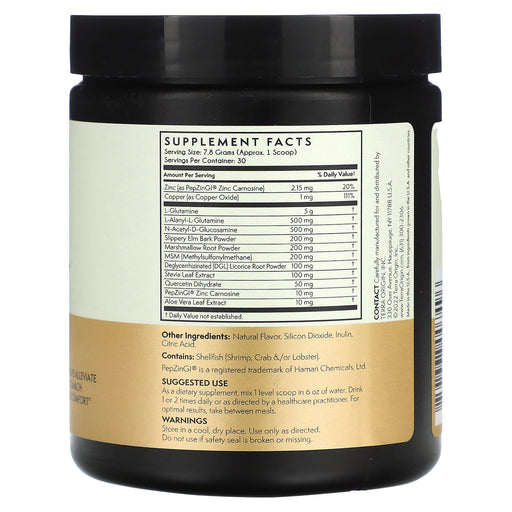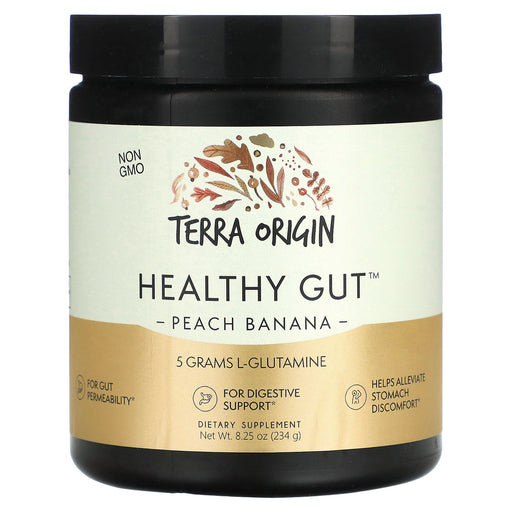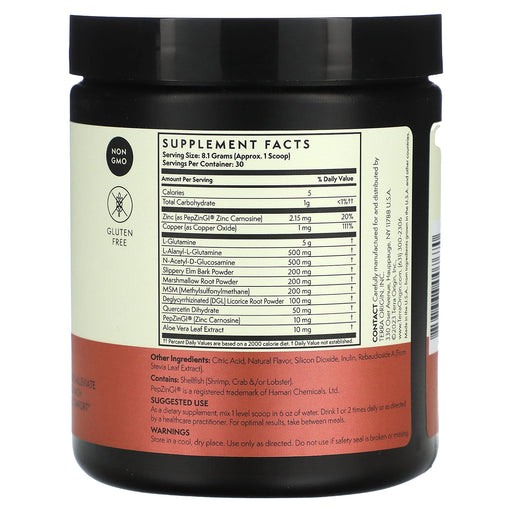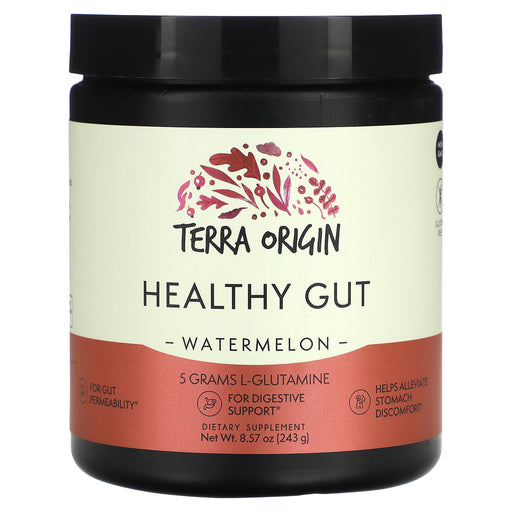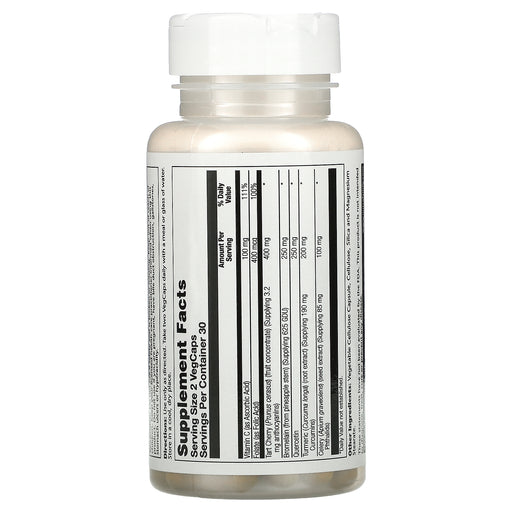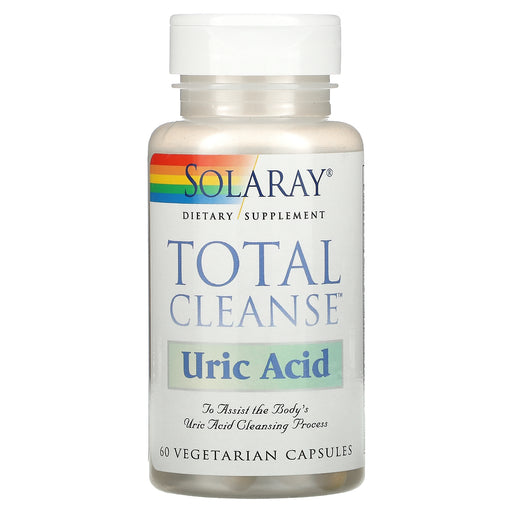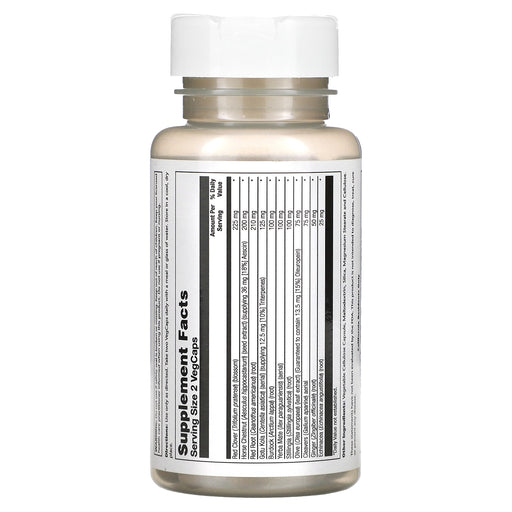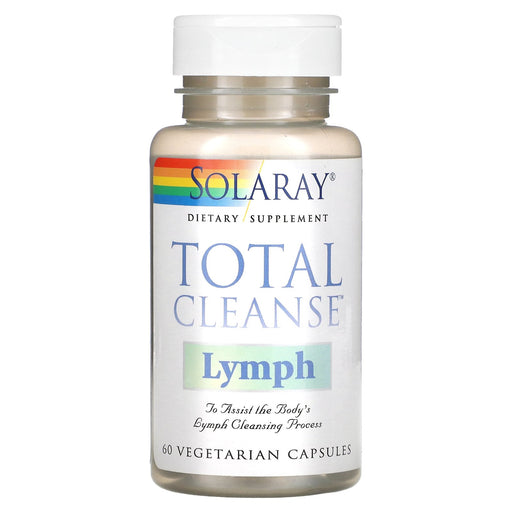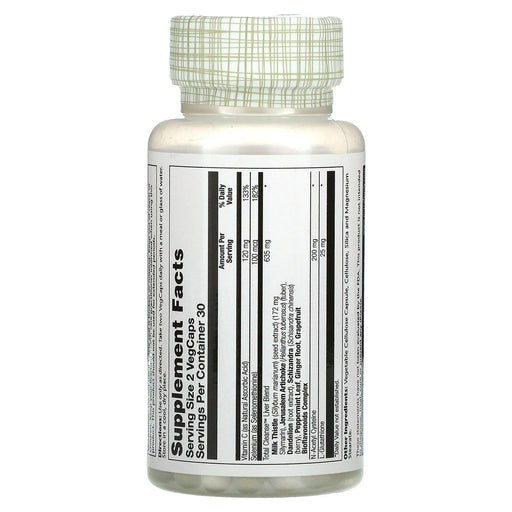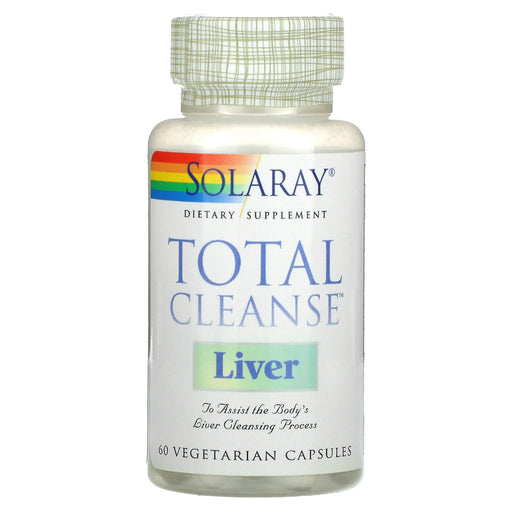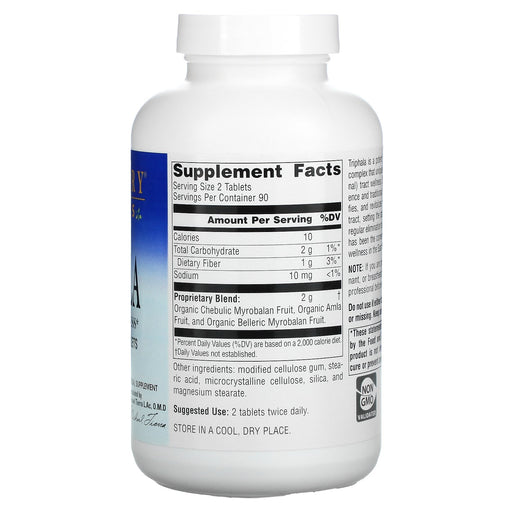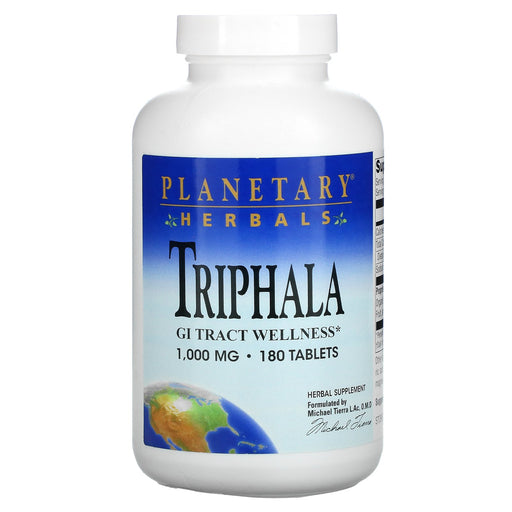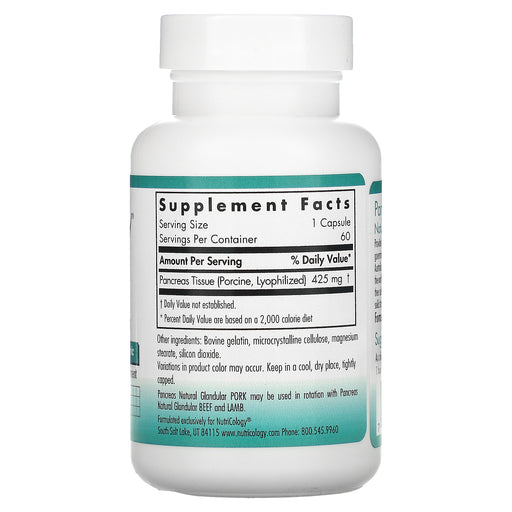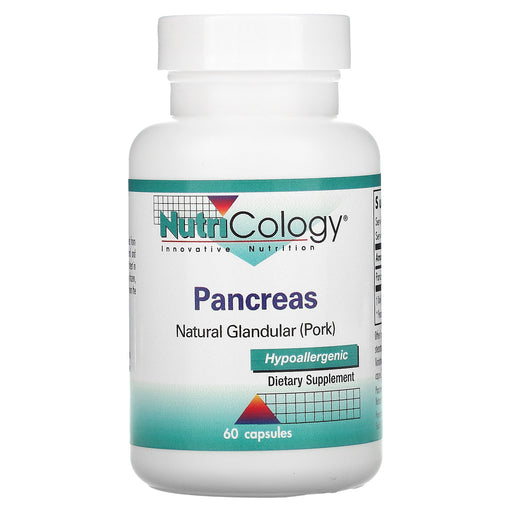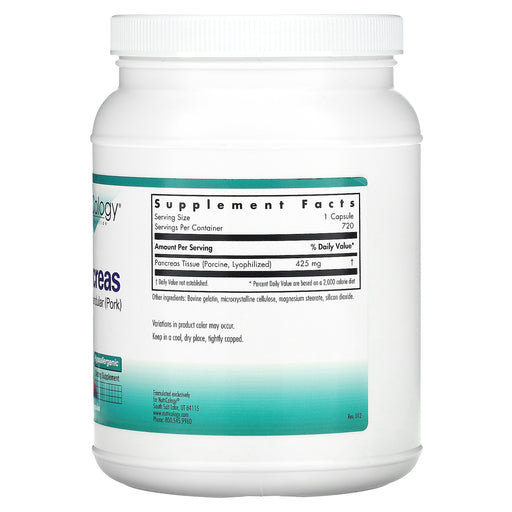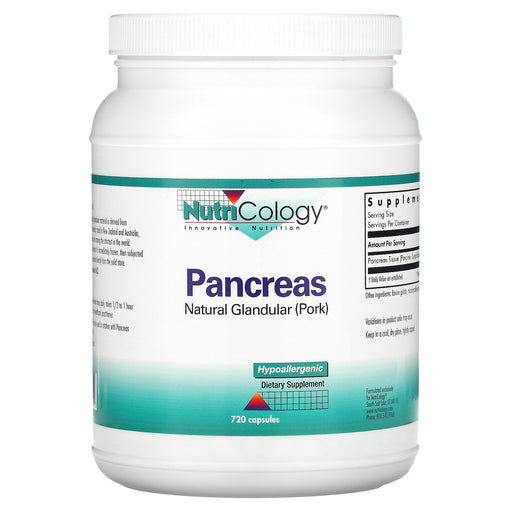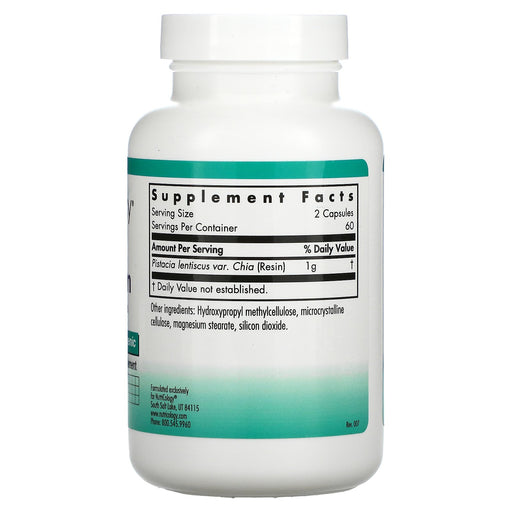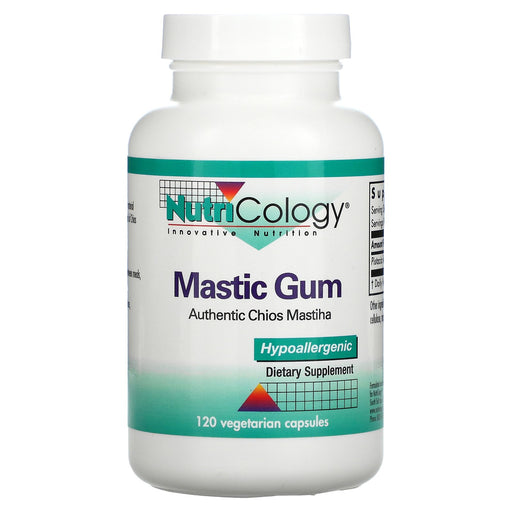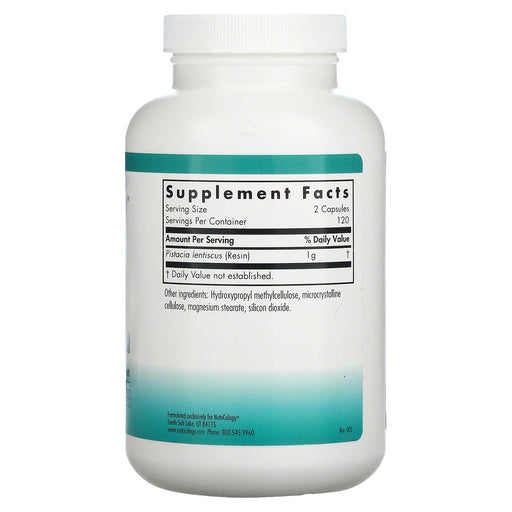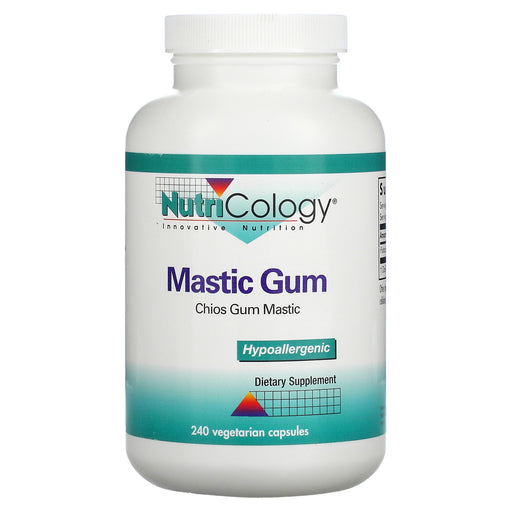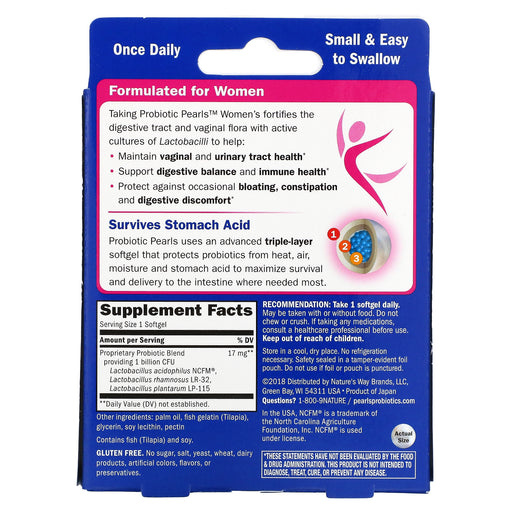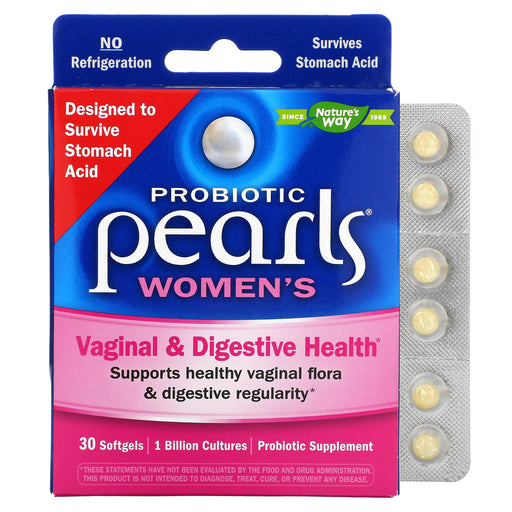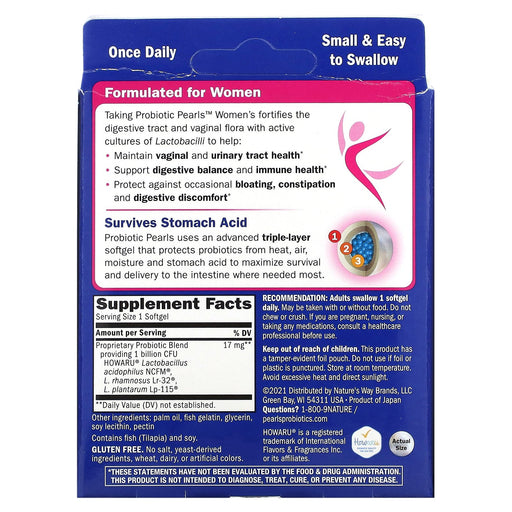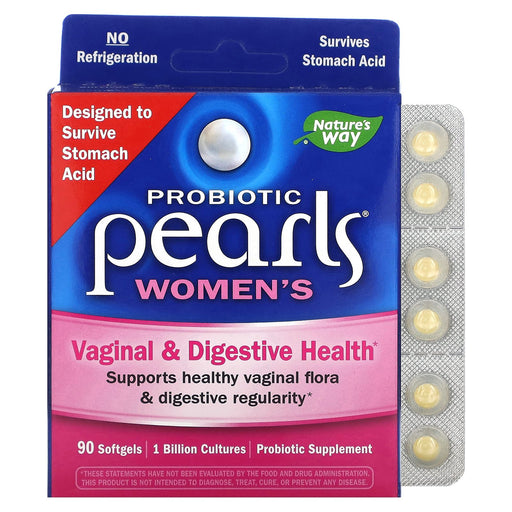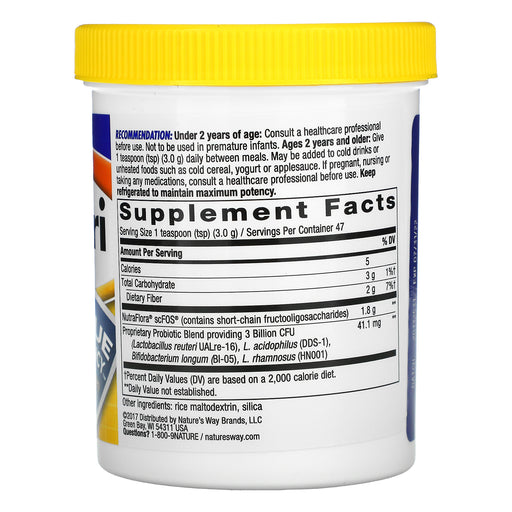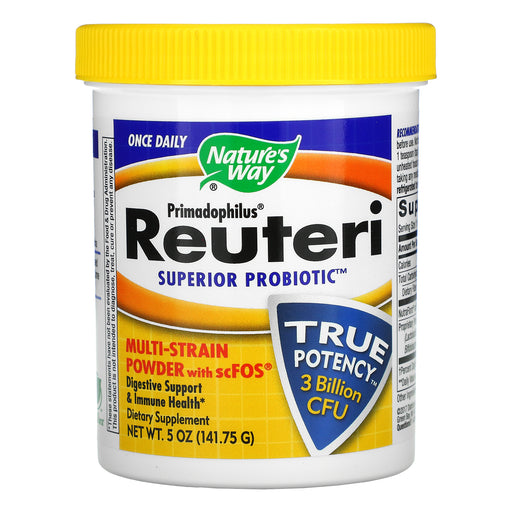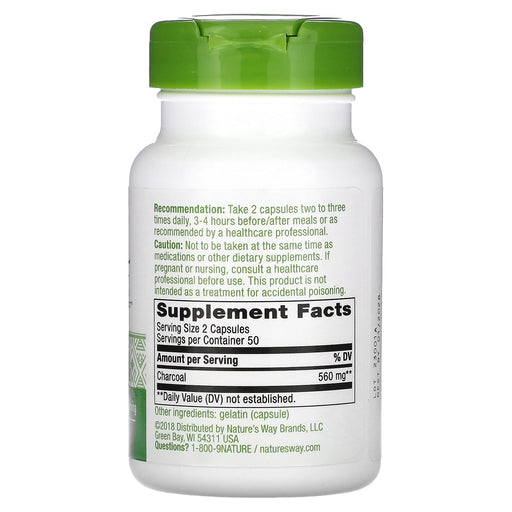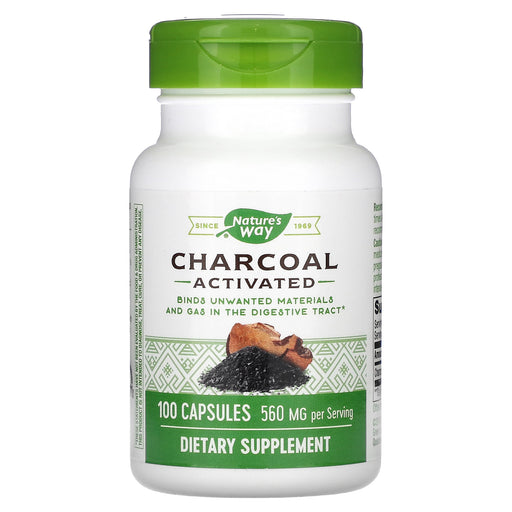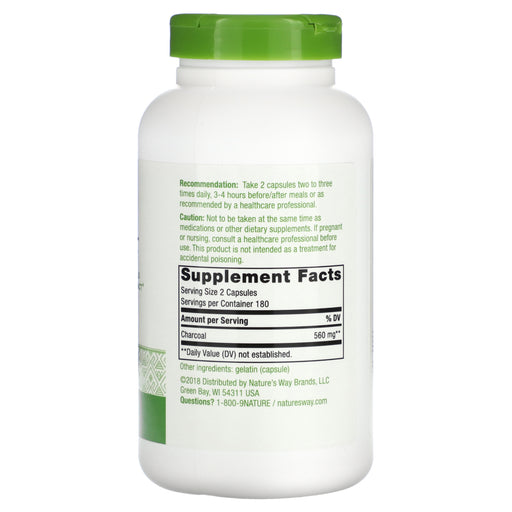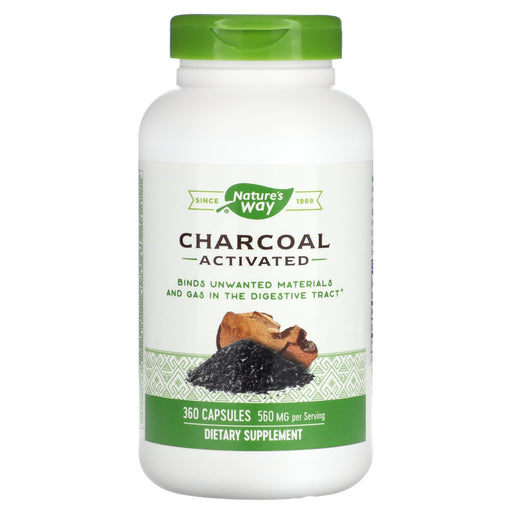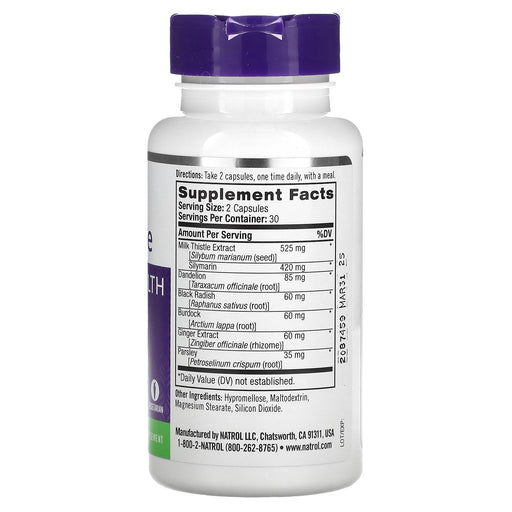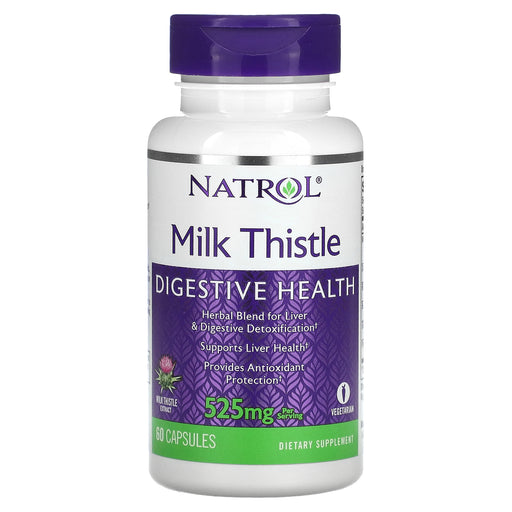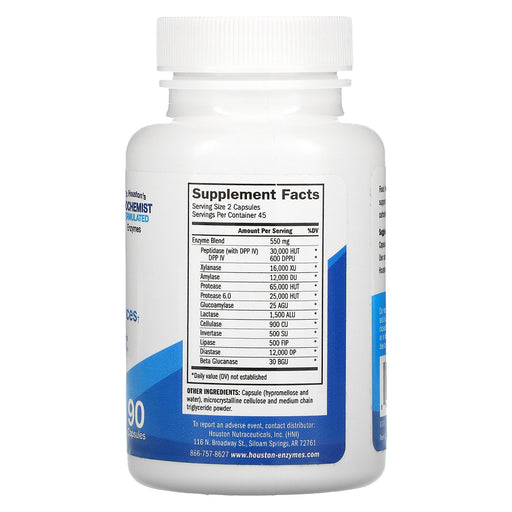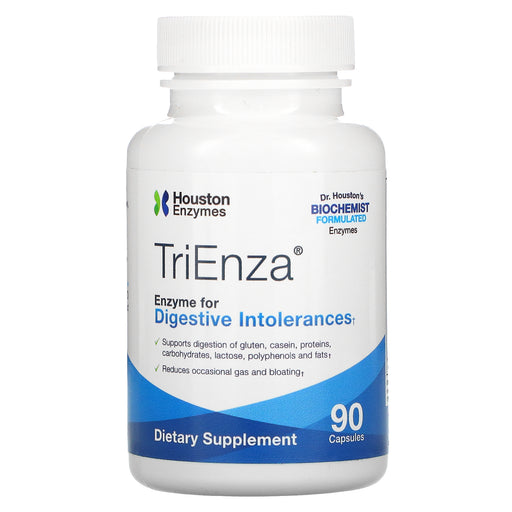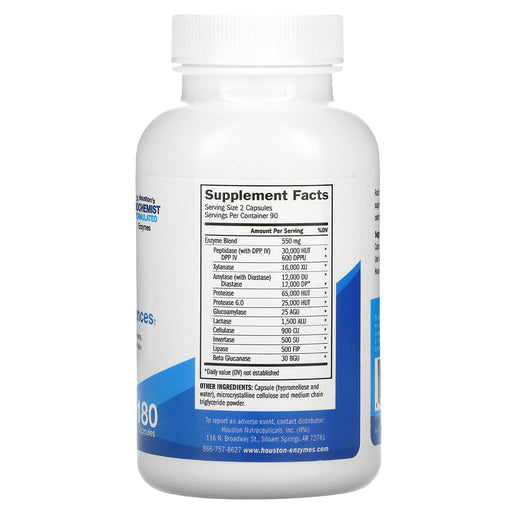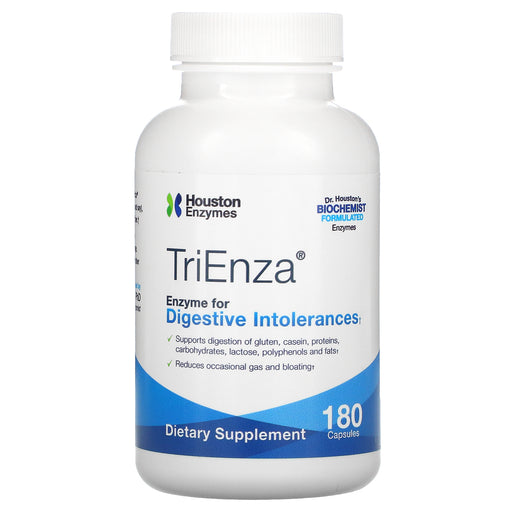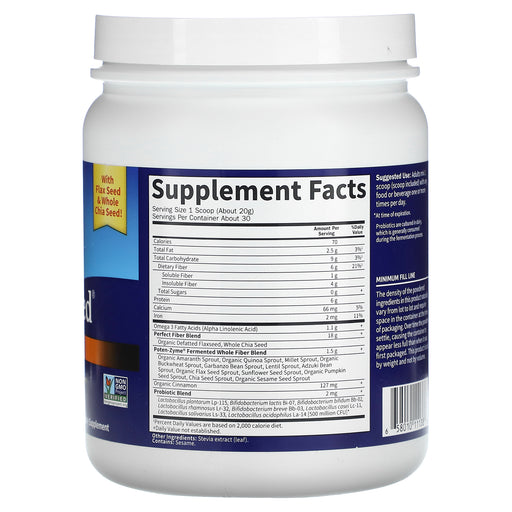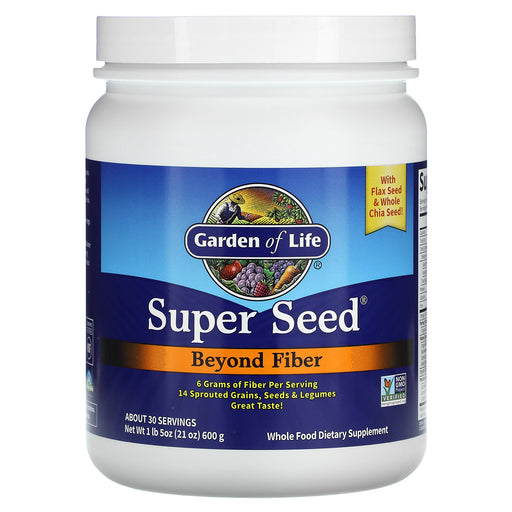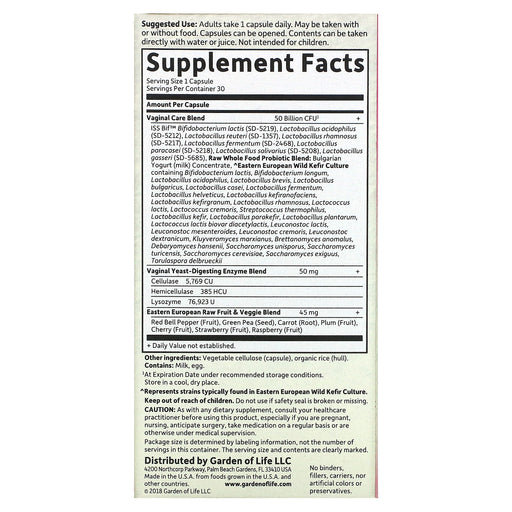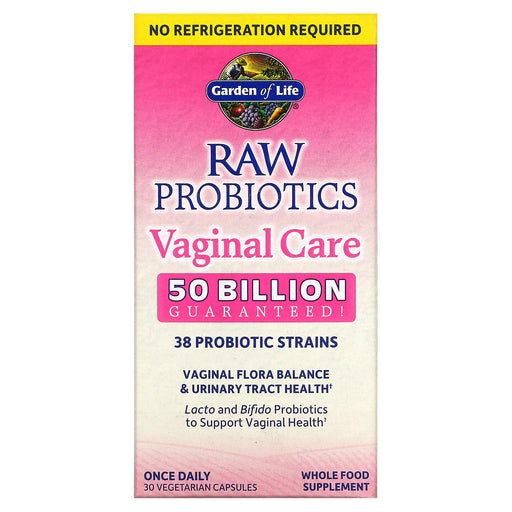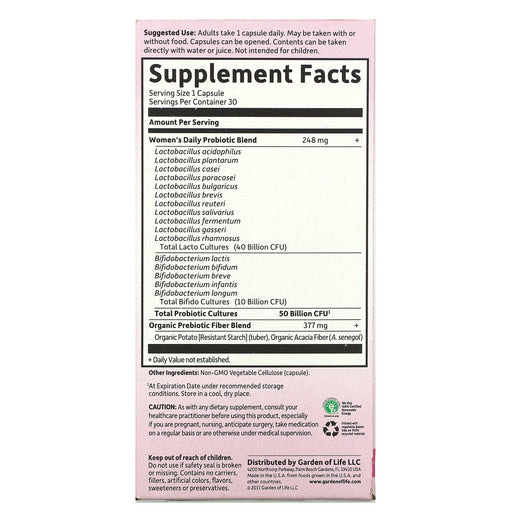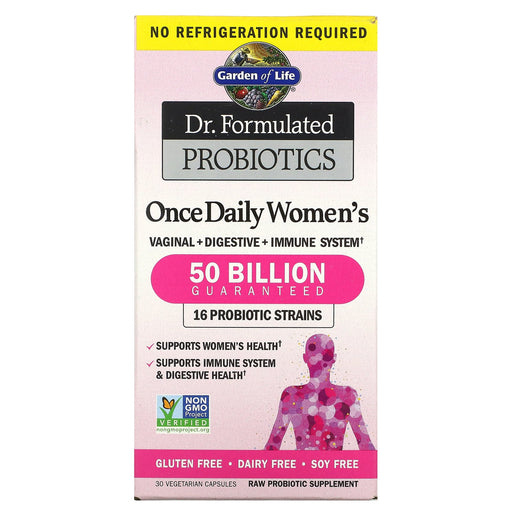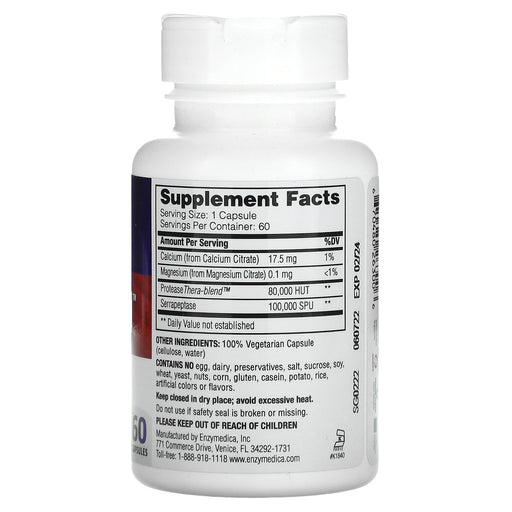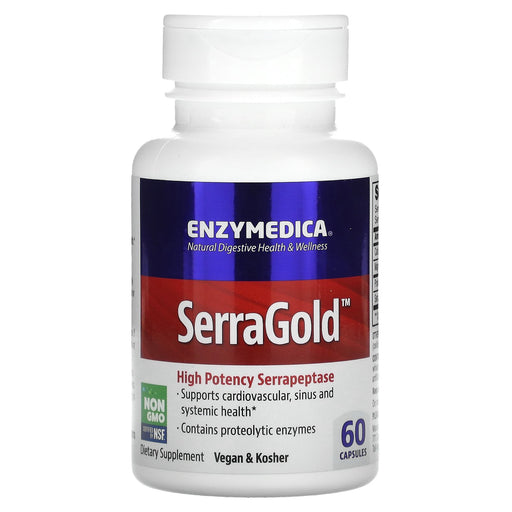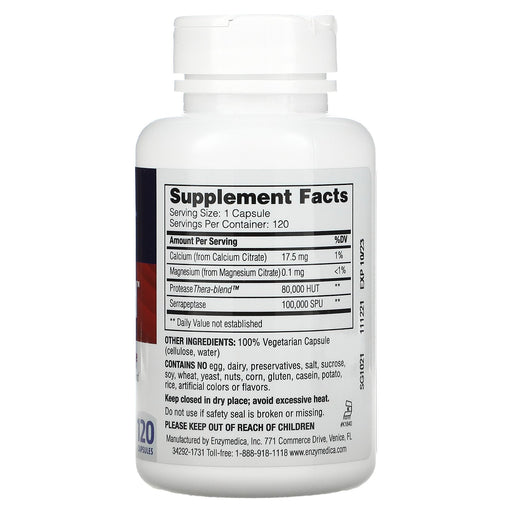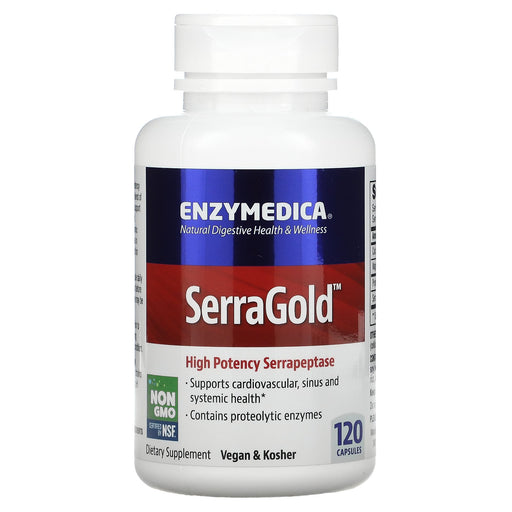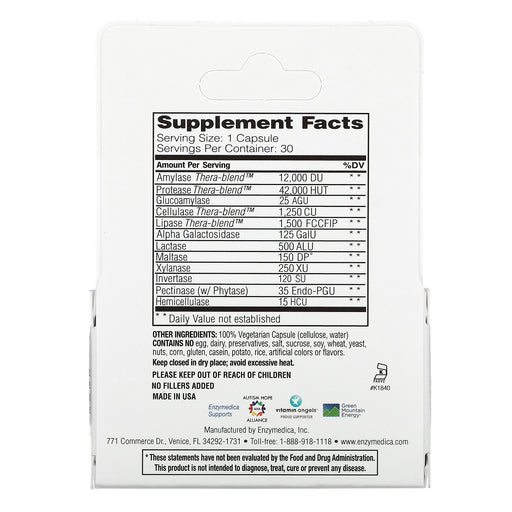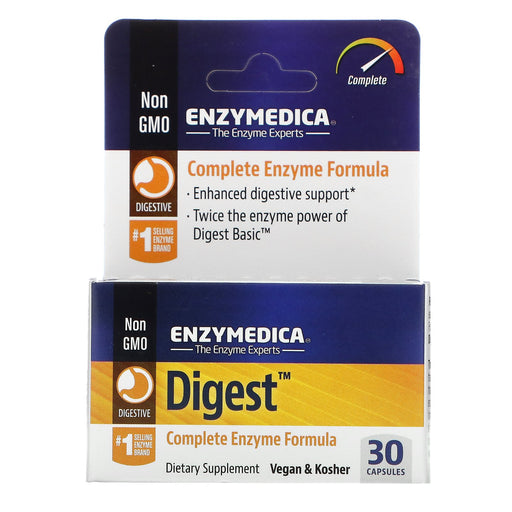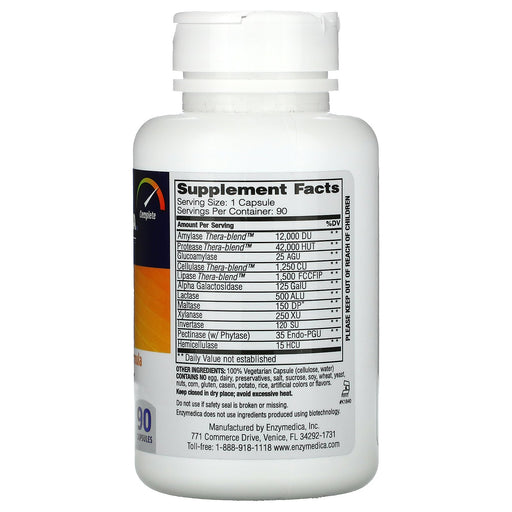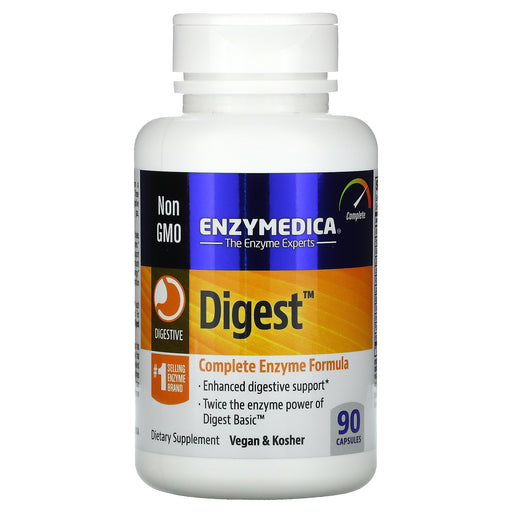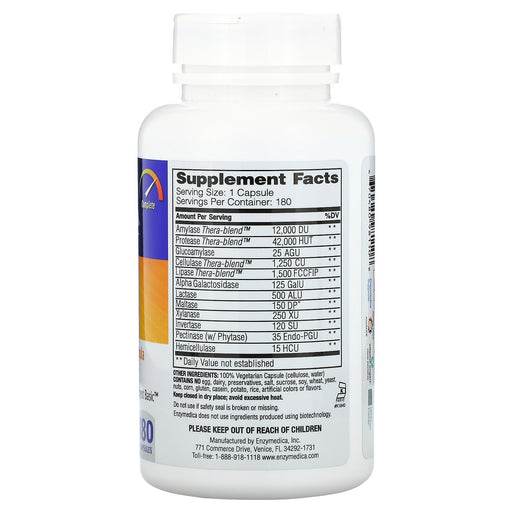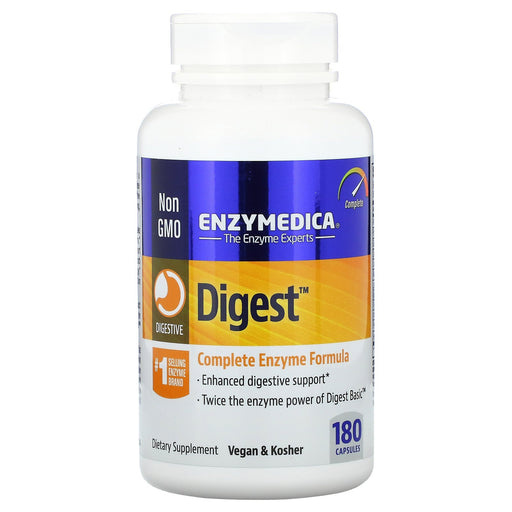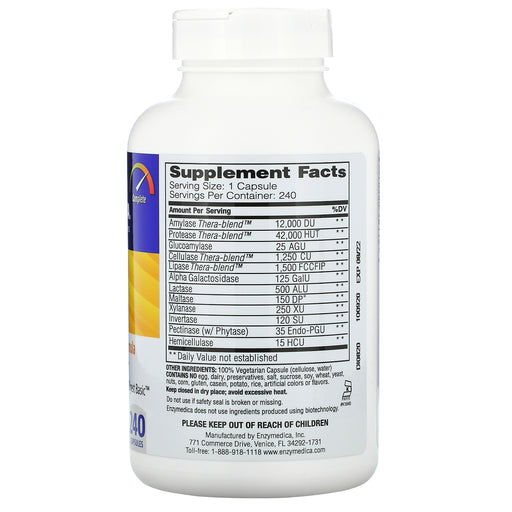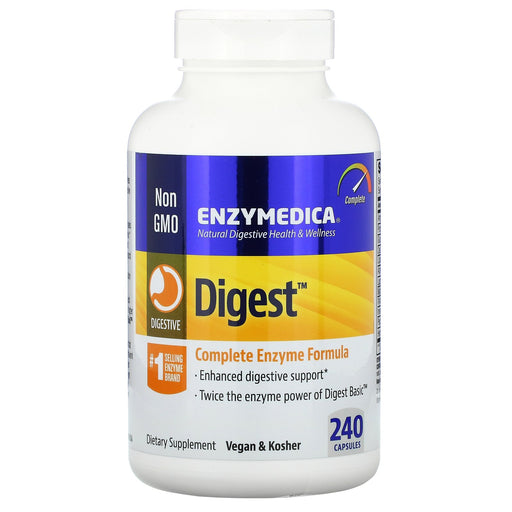
Promoting Optimal Gut Health and Comfort with Targeted Digestive Support Supplements
A healthy, well-functioning digestive system is essential for overall health and well-being, as it plays a crucial role in nutrient absorption, immune function, and waste elimination. When digestive issues arise, they can lead to discomfort, inflammation, and a range of related health concerns. By incorporating targeted digestive support supplements into your wellness routine, you can promote optimal gut health, alleviate digestive discomforts, and support your body's natural digestive processes.
The Importance of Digestive Health
The digestive system is a complex network of organs, enzymes, and beneficial bacteria that work together to break down food, absorb nutrients, and eliminate waste. Some of the key functions of a healthy digestive system include:
- Nutrient Absorption: The small intestine is responsible for absorbing vital nutrients, such as vitamins, minerals, and amino acids, which are essential for energy production, tissue repair, and overall health.
- Immune Function: A significant portion of the immune system resides in the gut, and a healthy digestive tract helps protect against harmful pathogens and support optimal immune response.
- Waste Elimination: The large intestine absorbs water and electrolytes from digested food, forming waste products that are eliminated through regular bowel movements.
- Bacterial Balance: The gut is home to trillions of beneficial bacteria, known as the gut microbiome, which play a crucial role in digestion, nutrient synthesis, and immune function.
- Neurotransmitter Production: The digestive system produces a significant portion of the body's neurotransmitters, such as serotonin, which play a vital role in mood, sleep, and overall mental well-being.
When digestive health is compromised, it can lead to symptoms like bloating, gas, indigestion, constipation, diarrhea, and abdominal discomfort. Digestive support supplements, along with a balanced diet and healthy lifestyle habits, can help promote optimal gut health and alleviate these common digestive issues.
Key Ingredients in Digestive Support Supplements
Digestive support supplements often contain a combination of natural ingredients that work synergistically to promote gut health, soothe digestive discomfort, and support regular bowel function. Some of the most common and effective ingredients include:
- Probiotics: Beneficial bacteria, such as Lactobacillus and Bifidobacterium strains, help maintain a healthy gut microbiome, support digestion, and promote immune function.
- Prebiotics: Non-digestible fibers, such as inulin and fructooligosaccharides (FOS), serve as food for beneficial gut bacteria, promoting their growth and activity.
- Digestive Enzymes: Supplements containing amylases, proteases, lipases, and other digestive enzymes help break down food more efficiently, reducing digestive discomfort and improving nutrient absorption.
- L-Glutamine: This amino acid helps support the integrity of the gut lining, reducing inflammation and promoting a healthy gut barrier.
- Ginger: Ginger root has natural anti-inflammatory and soothing properties that can help alleviate digestive discomfort, nausea, and bloating.
- Peppermint: Peppermint leaf or oil has antispasmodic effects, helping to relax the smooth muscles of the digestive tract and reduce abdominal discomfort.
- Aloe Vera: The inner gel of the aloe vera leaf has soothing and anti-inflammatory properties that can help support healthy digestion and regular bowel movements.
- Vitamin D: Vitamin D plays a crucial role in maintaining a healthy gut lining, supporting immune function, and promoting overall digestive health.
- B Vitamins: B vitamins, particularly vitamin B12, are essential for healthy digestion, energy production, and nutrient absorption. Vitamin B12 deficiency can lead to digestive issues like bloating and constipation.
- Magnesium: Magnesium supports healthy muscle function in the digestive tract, promoting regular bowel movements and reducing constipation. Magnesium deficiency can contribute to digestive discomfort and irregularity.
Choosing the Best Digestive Support Supplement
When selecting a digestive support supplement, it's essential to choose a high-quality product from a trusted brand that aligns with your specific digestive needs. Consider the following factors:
- Targeted Ingredients: Look for supplements that contain research-backed ingredients known to support digestive health, such as probiotics, digestive enzymes, L-glutamine, and soothing botanicals like ginger and peppermint.
- Quality and Purity: Opt for supplements that are manufactured in GMP-certified facilities, third-party tested for purity and potency, and free from artificial additives, fillers, or allergens.
- Specific Digestive Concerns: If you have particular digestive issues, such as bloating, constipation, or irregular bowel movements, choose supplements that target those specific concerns with appropriate ingredients.
- Brand Reputation: Select supplements from reputable brands with a history of producing high-quality, science-backed digestive health products and a commitment to transparency and efficacy.
- Complementary Nutrients: Consider supplements that include supportive nutrients like vitamin D, B vitamins, and magnesium, which play vital roles in maintaining optimal digestive health and function.
Tips for Supporting Digestive Health
To maximize the benefits of digestive support supplements and promote optimal gut health, consider the following tips:
- Eat a Balanced Diet: Focus on consuming a variety of whole foods, including fruits, vegetables, whole grains, lean proteins, and healthy fats, to provide your digestive system with the nutrients it needs to function optimally.
- Stay Hydrated: Drink plenty of water throughout the day to support healthy digestion, nutrient absorption, and regular bowel movements.
- Manage Stress: Chronic stress can negatively impact digestive health, so incorporate stress-reducing practices like meditation, deep breathing, or yoga into your daily routine.
- Exercise Regularly: Engaging in regular physical activity helps stimulate digestion, reduce inflammation, and promote regular bowel movements.
- Chew Your Food Thoroughly: Taking the time to chew your food properly helps break it down into smaller particles, making it easier for your digestive system to process and absorb nutrients.
Promote Optimal Digestive Health with Targeted Supplements from Health Orchard
Support your gut health, alleviate digestive discomfort, and experience the benefits of a well-functioning digestive system with Health Orchard's curated selection of top-quality digestive support supplements. Our collection features a range of comprehensive formulas designed to provide targeted support for various digestive concerns, from bloating and constipation to nutrient absorption and gut microbiome balance.
Crafted with research-backed ingredients like probiotics, digestive enzymes, L-glutamine, and soothing botanicals, our digestive support supplements are manufactured to the highest standards of purity and efficacy. We also offer supplements that include essential vitamins and minerals like vitamin D, B vitamins, and magnesium to provide a holistic approach to digestive health.
With a focus on quality, transparency, and your unique digestive needs, Health Orchard is your trusted partner in promoting optimal gut health and overall well-being. Take control of your digestive health today and experience the transformative potential of targeted digestive support supplements from our carefully curated collection.
Frequently Asked Questions about Digestive Support
1. What is the best supplement for digestion?
The best supplement for digestion depends on your specific digestive needs and concerns. Some popular options include:
- Probiotics: Support gut health and balance the microbiome
- Digestive enzymes: Help break down nutrients for better absorption
- Fiber supplements: Promote regular bowel movements and feed beneficial gut bacteria
- Glutamine: Supports the integrity of the gut lining
- Ginger: Helps alleviate nausea, bloating, and indigestion
It's important to choose a high-quality supplement from a reputable brand and to consult with a healthcare professional to determine the best option for your individual needs.
2. Which vitamin is best for digestion?
Several vitamins play important roles in supporting digestive health:
- Vitamin D: Helps regulate inflammation in the gut and supports immune function
- Vitamin A: Maintains the integrity of the gut lining and supports mucus production
- B vitamins: Aid in the breakdown and absorption of nutrients
- Vitamin C: Supports the production of digestive enzymes and helps maintain gut lining health
While these vitamins are essential for digestive health, it's important to obtain them through a balanced diet whenever possible. If you suspect a deficiency or have specific digestive concerns, consult with a healthcare professional to determine if supplementation is necessary.
3. What does digestive support do?
Digestive support refers to various strategies and interventions that help promote optimal digestive health and function. These may include:
- Supporting the breakdown and absorption of nutrients
- Promoting regular bowel movements
- Maintaining the integrity of the gut lining
- Balancing the gut microbiome
- Alleviating digestive symptoms such as bloating, gas, and indigestion
Digestive support can be achieved through a combination of diet and lifestyle modifications, as well as targeted supplementation when necessary. This may involve consuming a balanced, fiber-rich diet, staying hydrated, managing stress, and incorporating supplements such as probiotics or digestive enzymes under the guidance of a healthcare professional.
4. What should I take for digestive problems?
The appropriate course of action for digestive problems depends on the specific issue and its underlying cause. However, some general strategies that may help alleviate digestive discomfort include:
- Staying hydrated and consuming adequate fiber to promote regular bowel movements
- Eating a balanced diet rich in whole, nutrient-dense foods
- Limiting processed foods, added sugars, and excessive fat intake
- Incorporating probiotic-rich foods or supplements to support gut health
- Managing stress through relaxation techniques, such as deep breathing or meditation
- Engaging in regular physical activity to support digestive function
If digestive problems persist or are severe, it's essential to consult with a healthcare professional for proper evaluation and treatment. They may recommend specific dietary changes, supplements, or medications based on your individual needs.
5. What supplements are good for digestion and bloating?
Several supplements may help alleviate digestion and bloating:
- Probiotics: Balance the gut microbiome and support overall digestive health
- Digestive enzymes: Aid in the breakdown of proteins, fats, and carbohydrates
- Ginger: Helps reduce bloating, gas, and nausea
- Peppermint oil: Relaxes the muscles of the digestive tract and alleviates bloating
- Fennel seed: Helps reduce gas and bloating due to its carminative properties
- Artichoke leaf extract: Stimulates bile production and supports digestion
When choosing supplements for digestion and bloating, it's important to select high-quality products from reputable brands and to follow the recommended dosage instructions. Consulting with a healthcare professional can help you determine the most appropriate supplements for your specific needs.
6. What are the symptoms of poor digestion?
Symptoms of poor digestion can vary from person to person but may include:
- Bloating and gas
- Abdominal pain or discomfort
- Indigestion and heartburn
- Nausea or vomiting
- Diarrhea or constipation
- Unintended weight changes
- Fatigue or weakness
- Nutrient deficiencies
If you experience persistent or severe digestive symptoms, it's essential to consult with a healthcare professional for proper evaluation and treatment. They can help identify the underlying cause of your digestive issues and recommend appropriate interventions, which may include dietary modifications, lifestyle changes, or targeted supplementation.


